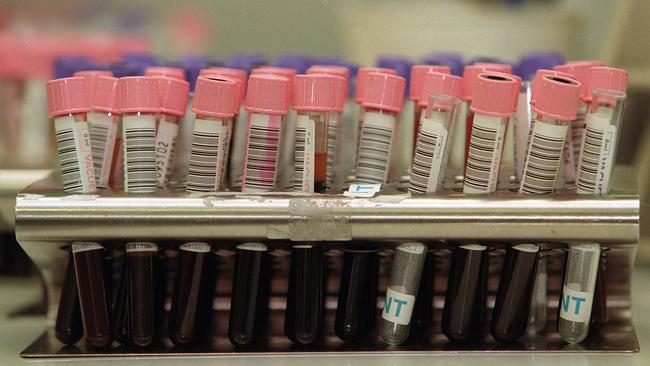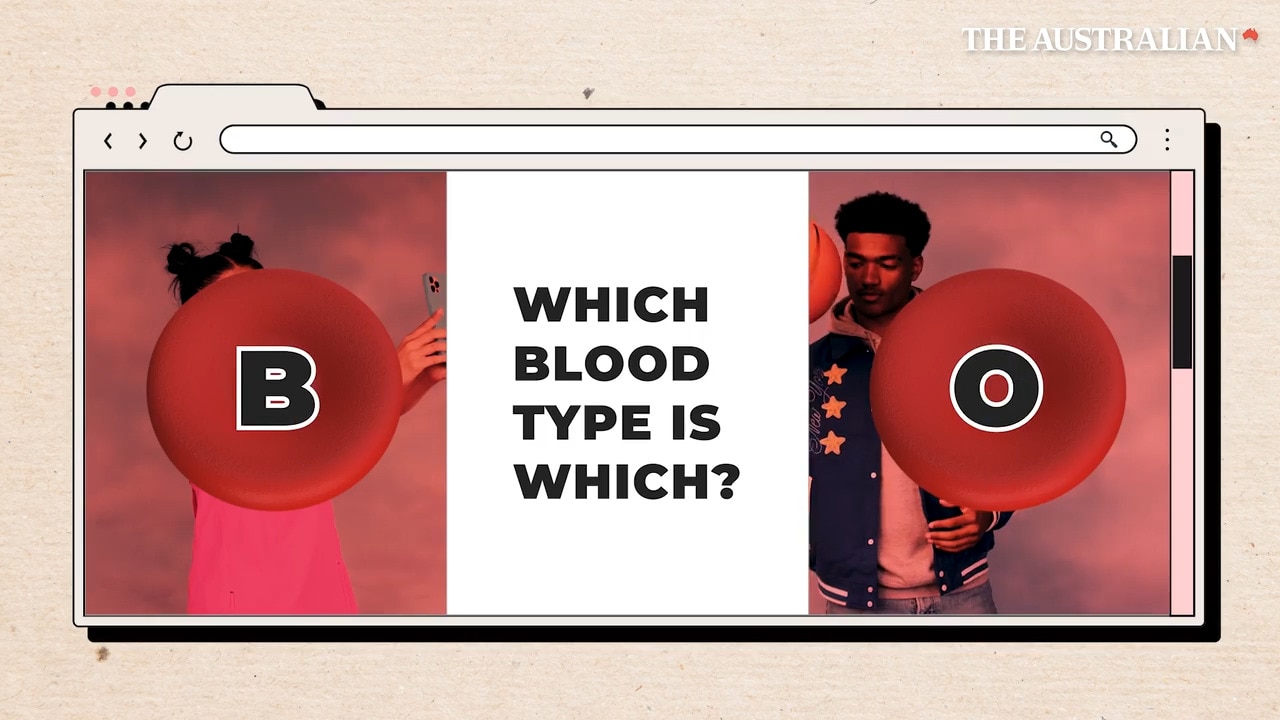Blood type personality diet exposed as a baseless con to make money
One of the oldest pieces of popular health pseudoscience has made a resurgence, as influencers claim your blood type could change your personality. What do the experts say? | WATCH

One of the oldest tropes of pseudoscience is making a resurgence on social media, with self-declared medical professionals selling wonder diets on the false premise that your blood type shapes your personality.
Blood type personality theories were popularised in Japan by psychologist Takeji Furukawa in the Journal of Social Psychology through the 1930s. While his method was soon discredited, it led to an enduring belief that people with type A blood were creative, Type Bs were passionate, type ABs were rational and Type Os were confident.
Furukawa’s concept, known popularly as ketsueki-gata, gained popularity in Japanese dating culture before migrating to Korea and then further abroad.
Social media content intended to Westernise and revitalise the concept has come into fashion through the year, ascribing variations in diet, microbiotic qualities or metabolism to the delineated temperaments.
“If you divide humans into four broad categories you will always find a few people in each category who fit your theory and with confirmation bias the idea persists,” Lifeblood haematologist Robert Flower said.

Often intended to market specialised diets, exercise regimes or health guides, it has been again refuted by haematologists.
A study by Physicians Committee for Responsible Medicine found no variation in health outcomes for those of differing blood types on a specialised diet.
“We found that blood type made no difference,” study author Neal Barnard said.
“While the blood type diet says that a plant-based diet should be better for blood type A and less so for blood type O, it turned out to be beneficial for people of all blood types, and there was no evidence meaty diets are good for anyone.”
Macquarie University adjunct fellow Danielle Einstein said preoccupation with blood type allowed those curious to feel understood or defined. “It’s always been used as a means of getting people’s money, and now we know with technology, money is actually equivalent to attention and time,” Dr Einstein said.
“People are looking for information about what’s wrong, and they might go to unverified sources and when you get a bite-sized chunk of information, you’re not necessarily getting the whole picture and you’re not getting a picture that’s validated (by science).
“It will then contribute to the person becoming more anxious and more dependent on some sort of online quick hit to make themselves feel reassured.”
Dr Einstein argued the health fad also conflated a person’s personal health outlook with online information, making it harder to disengage from social platforms.
“It’s the power of feeling that something is tailored to you.”


